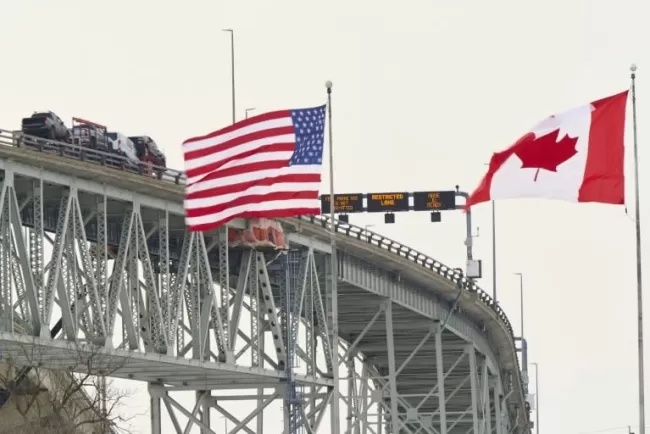Trump's Controversial Remarks on Crimea: A New Chapter in Ukraine-Russia Relations?
In a surprising statement, US President Donald Trump suggested that Ukrainian President Volodymyr Zelensky might be willing to concede Crimea to Russia, contradicting previous assertions made by Ukrainian leaders. This comes amid critical negotiations to resolve the ongoing conflict, raising questions about the future of Crimea and the broader geopolitical landscape.
Trump's Comments and Their Implications
During a recent meeting in Rome, where both leaders attended the funeral of Pope Francis, Trump stated, "I think [Zelensky] is ready to give up Crimea." This remark is particularly contentious given the historical significance of Crimea, which was annexed by Russia in 2014. Trump's comments shift the blame towards former US President Obama, suggesting that the loss of Crimea occurred under his administration without military confrontation.
Trump's stance reflects his ongoing approach to foreign policy, aiming for direct negotiations with Russia. He expressed a desire for President Vladimir Putin to "stop shooting" in Ukraine and sign a peace deal, emphasizing the need for a straightforward resolution to the conflict. However, his comments raise eyebrows about the US's commitment to Ukraine's territorial integrity.
Russia's Position
In response to the discussions surrounding Crimea, Russian Foreign Minister Sergey Lavrov reiterated that the peninsula is a "done deal" and is not up for negotiation. Lavrov's statements underline Russia's firm stance on Crimea, dismissing any claims that it could be part of peace negotiations. This discord between US and Russian perspectives complicates the already tense situation.
Moreover, Russia has claimed to have regained full control over the Kursk region, a statement that Ukraine has contested. The Ukrainian military continues to assert that they are actively engaged in the region, disputing Russia's claims of liberation.
North Korea's Involvement
In a remarkable turn of events, North Korea has confirmed the deployment of troops to the Kursk region to assist Russian forces. This acknowledgment marks a significant development, as it aligns with previous reports from South Korea and Western intelligence suggesting that more than 10,000 North Korean soldiers had been sent to support Moscow's military efforts. This collaboration highlights the increasingly complex alliances forming in the region and raises concerns about the implications for global security.
Conclusion
As the situation in Ukraine continues to evolve, Trump's remarks on Crimea introduce new dynamics into the conversation surrounding the conflict. The contrasting views between the US, Ukraine, and Russia indicate that achieving peace will require navigating a maze of historical grievances and current geopolitical interests. With North Korea's involvement further complicating the landscape, the path to a resolution remains fraught with challenges. The international community will be watching closely to see how these developments unfold and what they mean for the future of Ukraine and its territorial sovereignty.
Stay tuned for further updates on this evolving situation and its implications for international relations.
What's Your Reaction?















